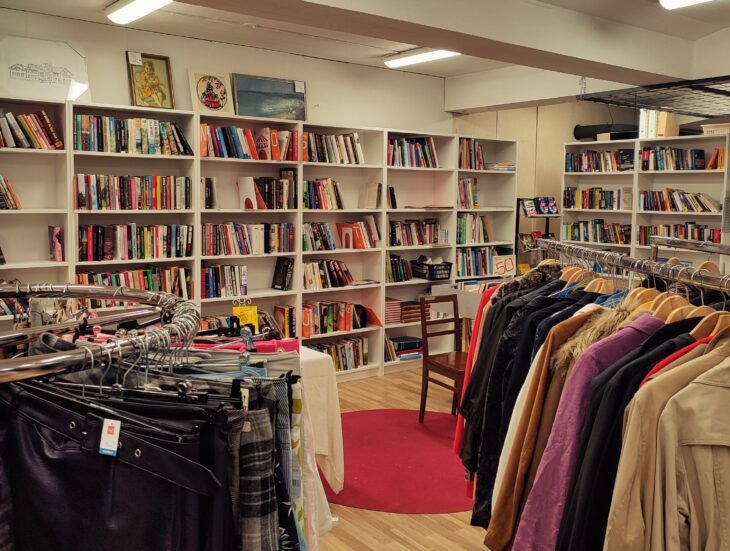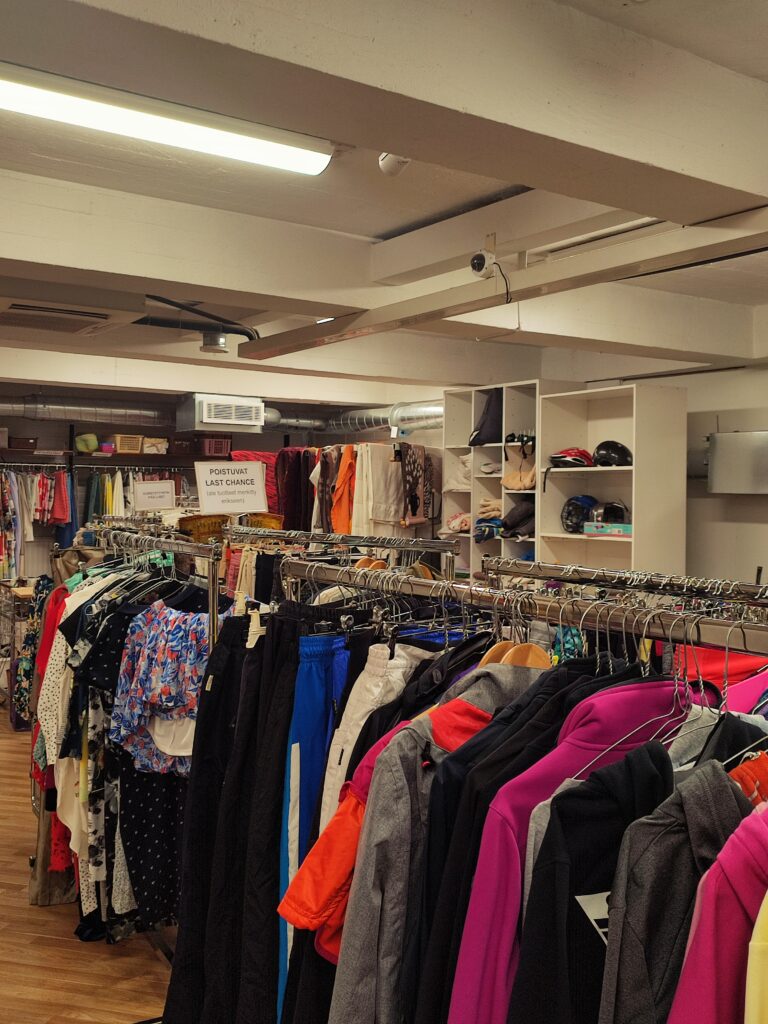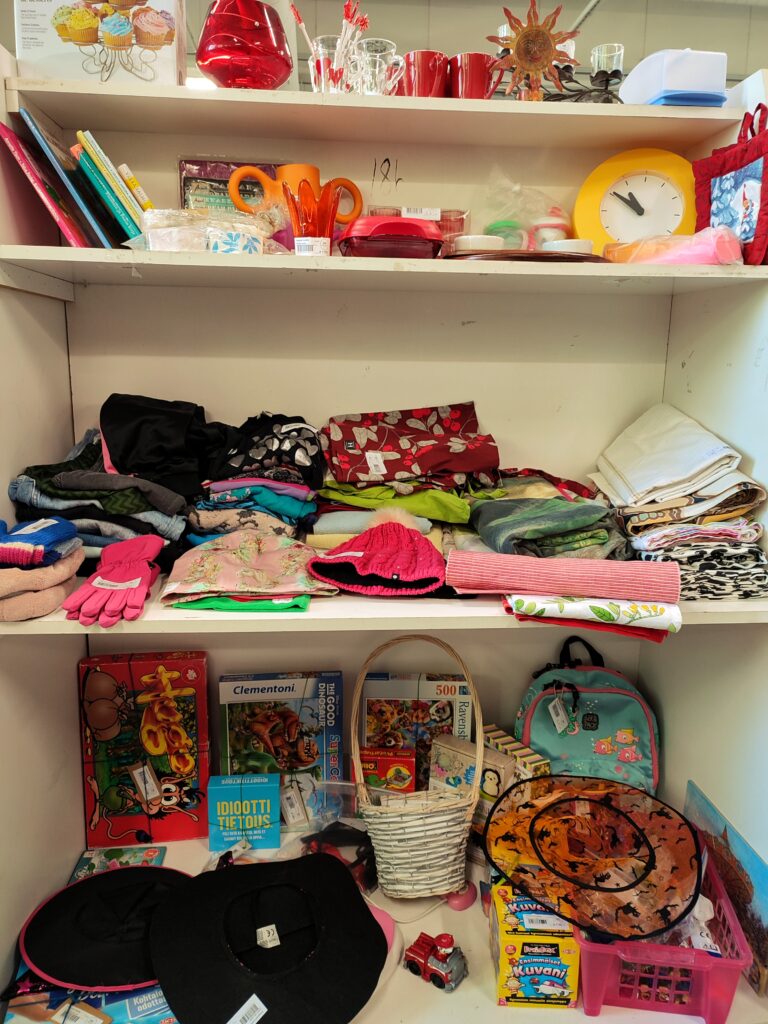
What’s Wrong with Fashion Industries and How To Become a Mindful Consumer
Volume 27, Issue 2, 20 September 2024
We, as consumers, have bought 60 percent more clothes between 2000 and 2014. The fashion industry has been encouraging people to buy more and more with dozens of sales, low prices, and new trends. However, not everybody knows what is hidden behind that. The reason is that nowadays people tend to overconsume. But the issue is not only in our generation, but in the industry as well.
The fashion industry gained their success because of cheap synthetic fossil fuel-based fibers such as polyester. Polyester became the reason for a huge and easy profit for companies. The usage of it has been increasing and is predicted to reach 75% by 2030. First of all, it is extremely impactful for our environment. Many of the factories are producing polyester without an appropriate treatment system, which can cause release of dangerous substances into the natural environment. Moreover, it’s as harmful for our health as it is for the environment. There is a possibility that polyester can cause skin problems, especially if you have a sensitive one. Additionally, polyester has fewer pores than, for instance wool or cotton, which can make you feel hotter, because cool air wouldn’t circulate through the fabric.
Nevertheless, instead of being conscious of these characteristics, people tend to purchase even more. Try to ask yourself how many clothes you own which you have never worn, and they just get covered in dust in your closet? You would probably answer, “What is the issue of it? Why do you care? Mind your own business”.
But not many of us know about modern slavery in the fashion industry. The majority of modern slaves are women, and they are working on so-called “fast fashion”. The notion is basically fast produced clothes on low prices and from cheap materials that are harmful for our planet, animals, and people. Most of our clothes, as you might have noticed, were made in Bangladesh, Vietnam, or China. In 2019 Oxfam – international confederation that aim to end injustices that cause poverty – interviewed almost 500 garment workers in Bangladesh and Vietnam. The report showed that 9 out of 10 workers could not afford to buy enough food for themselves and their families therefore they are skipping meals; more than a half of the interviewed workers in Vietnam cannot afford medical treatment; 76% of workers in Bangladesh have no running water in their houses; one of the three workers in Bangladesh are separated from their children mostly because of a lack of income. And now just imagine that one of your items in the closet, that you haven’t worn yet, was made by the hands of these people. Seems horrible, right? Unfortunately, we cannot really change the system of factories, but luckily we can choose what to consume! My personal solution is thrifting.



Thrifting is basically a shopping for secondhand goods or at the thrift stores. The benefits are hard not to notice. By shopping in secondhand stores, you get a unique item (it’s not mass market as it is in shops!) sometimes even completely or nearly new and on the low price! Even if the item was made by slaves, produced of polyester or animal material, you are not buying it new so it wasn’t made exactly for you! If you are still thinking that all the clothes in thrift stores are ugly, old, or baggy, you definitely have to check it yourself! Some good secondhand in Kouvola are listed below.
- Second hand Ihana kirppis (Katajaharjuntie 1)
- Fida Kouvola (Torikatu 4)
- Kirpputori Napakymppi (Valkealantie 12)
- Centillä (Sepänkatu 9)
Additionally, if you have some needless clothes, you could volunteer them to one of the stores. I hope that I have brought awareness into your mind, and we will consume products mindfully now!
Sources:
https://elladex.com/insights/modern-slavery-in-the-fashion-industry
https://www.fashionrevolution.org/overconsumption-in-the-fashion-industry/
https://goodonyou.eco/what-is-fast-fashion/
- BIP in Poland: part 2 - 25th April 2025
- BIP in Poland: part 1 - 17th April 2025
- How to take breaks properly - 4th April 2025
